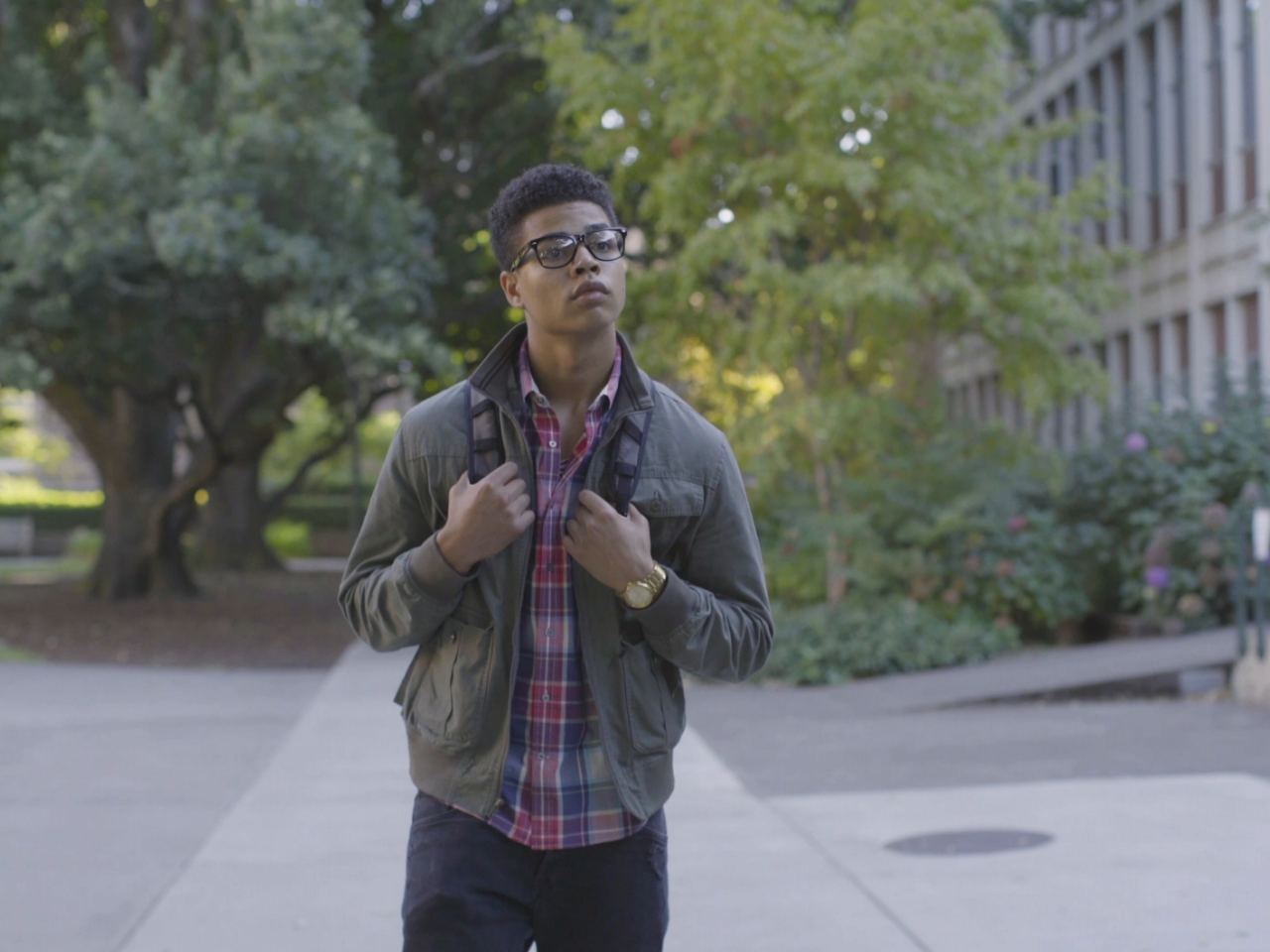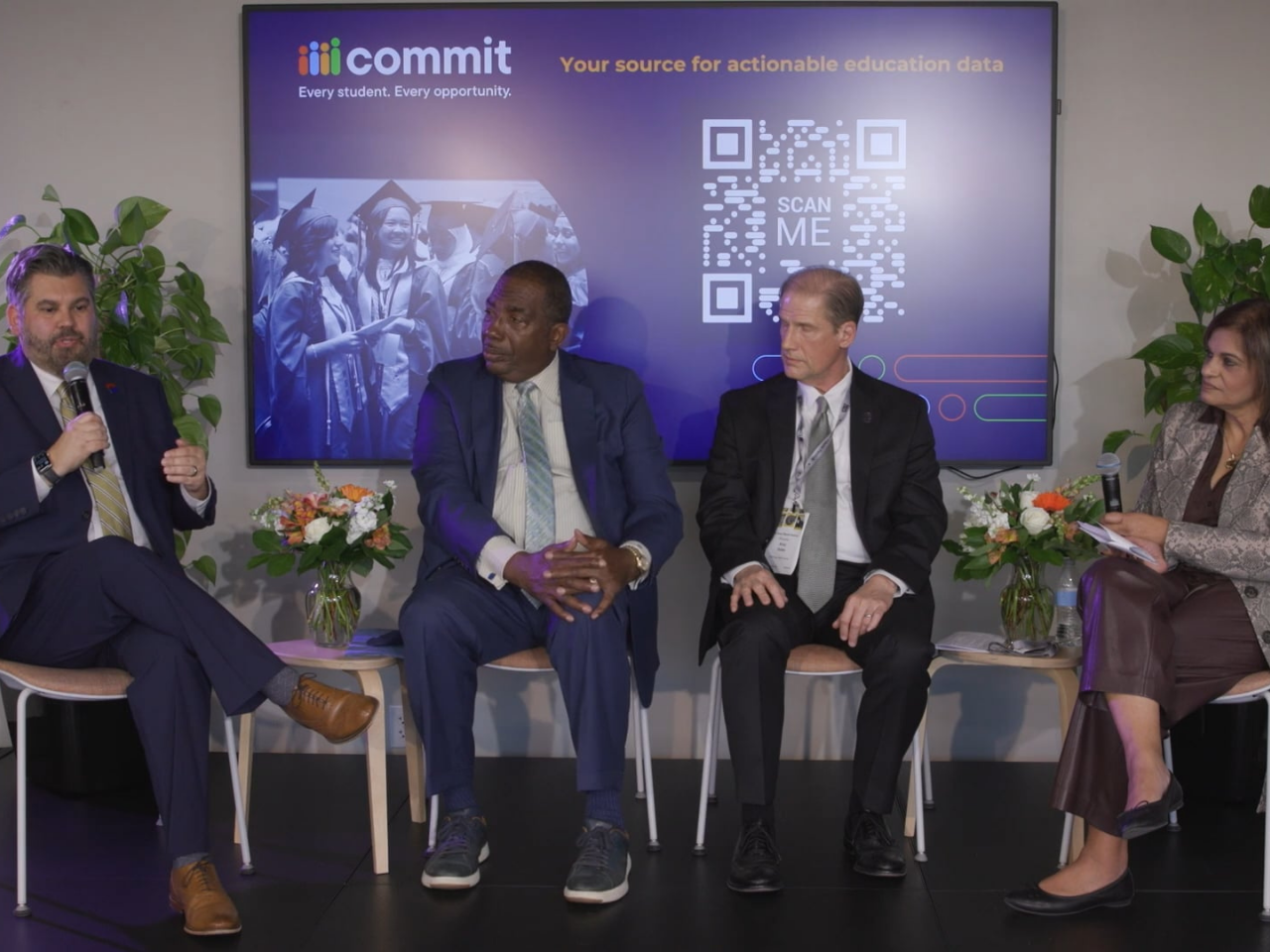Festival Puts A Spotlight On Higher Education




Each fall, nonprofit news organization Texas Tribune puts on TribFest, a series of discussions focused on public policy in Texas. Over the weekend, TribFest was back in-person in Austin for the first time in three years. With a booming state economy but troubling talent shortages on the horizon, higher education and workforce development were major themes.
Texas Higher Education Coordinating Board (THECB) Commissioner Harrison Keller set the stage at a panel on the “State of Higher Education” by emphasizing how our colleges and universities impact Texas’ workforce. As Keller explained, “The answer is absolutely clear when you look at the data that good jobs require education beyond high school.”

By 2030 over 60 percent of Texas jobs will require some sort of postsecondary credential, but that doesn’t necessarily mean students need a bachelor’s degree. Commissioner Keller noted a recent THECB poll with a troubling finding: “A lot of Texans don't think of associates degrees as college degrees.” The university chancellors on the panel agreed that we need to change the narrative. Postsecondary education is increasingly essential, but it can look very different from student to student and include certificates and two-year degrees earned through community colleges.
However, it’s clear that community colleges need targeted, strategic support. The group also discussed a set of recommendations by the Texas Commission on Community College Finance (TCCCF), which offer a roadmap to bolster these schools by rewarding them for every student that completes a credential or successfully transfers to a four-year institution. The recommendations also encourage two-year colleges to build partnerships with peer institutions as well as employers, public school districts, and universities such as the ones represented on the panel.
Another panel entitled “Course Correction” focused specifically on community colleges and dove much deeper into the proposed finance reforms. As Commit founder and CEO and TCCCF member Todd Williams explained, “We spend about $160,000 per student in the pre-K through 12 space. But in that last mile – which is the delivery of a credential that allows you to earn a living self-sustaining wage – we’re only getting about one in four students to complete six years following their high school graduation.”
The community college presidents who joined Williams on the panel agreed that by tying funding directly to student success, “we will have better outcomes.” Odessa College President Gregory Williams was clear: “If we support the [community] colleges in a foundational way, and then we incentivize that top end, it actually makes my job easier.”

As San Jacinto College Chancellor and TCCCF member Brenda Hellyer put it, “community colleges are the workforce engine of this state,” but they “haven’t been adequately funded for years,” a situation Commissioners seek to address with a full report to come in October. But Hellyer cautioned that the work of the Commission was only the first step. Next, a major piece of legislation must go “all the way through the legislature. And in the end it takes resources. We need a substantial investment in community colleges across this state.”
Fortunately, the weekend’s festivities indicated broad-based support for strategic investment in community colleges. Texas 2036 CEO Margaret Spellings pointed out that “the business community [is] helping us set the table for a better policy environment” and exhorted everyone in attendance to “go home and tell their member of the legislature that this is a priority for them.” Some legislators themselves, like Sen. Cesar Blanco of El Paso, also used the festival stage to signal their support.
Critically, Texas’ community colleges are aligned. “All 50 [community] colleges are really in support of [the Commission’s recommendations] because it can make a historic change,” said Temple College President Christy Ponce. “That way we can get [more students] the credentials they need.” The thought leaders of Texas are in agreement: more high-wage credentials tied to fast-growing industries are good for Texas young people, employers, and the economy as a whole.
Want to learn more about how you can be a part of this “historic change”? Visit https://www.aimhiretexas.org/p...








.avif)